Welcome back to Fieldnotes! This week, we're focusing on how we can protect the places and activities we love by addressing some of the biggest contributors to climate change. But don’t worry—we’re taking a solutions-oriented approach, because there's plenty of reason to be hopeful.
The Big Picture: The global concentration of carbon dioxide has increased more than 25% in just 50 years. If we don’t reverse this trend, the very climate we depend on is at risk. But here’s the thing—four key factors account for a whopping 70% of our climate crisis. The good news? They’re all human choices, and we have alternatives. Let’s break them down.
1. Coal: Powering Down, Powering Up
Coal has been the backbone of energy for centuries, but its time is coming to an end. Today, renewable energy sources like wind and solar are more accessible and affordable than ever. The shift away from coal isn’t just possible—it’s happening. By supporting clean energy, we can ensure a brighter, healthier future.
2. Combustion: Reimagining Energy Use
From the fuel in our cars to the gas in our grills, combustion is a major source of carbon emissions. But the future is electric. Advances in technology are making electric vehicles, renewable energy, and energy-efficient appliances more available. By embracing these innovations, we can dramatically cut our carbon footprint.
3. Cows: Rethinking Our Food Choices
Cows and other livestock produce methane, a potent greenhouse gas. While reducing meat consumption might sound daunting, it’s one of the quickest ways to curb emissions. The rise of plant-based diets and sustainable farming practices shows that we can make this shift without sacrificing taste or nutrition.
4. Concrete: Building a Sustainable World
Concrete is everywhere, and it plays a big role in carbon emissions. The great news? New materials and construction techniques are emerging that can reduce or even eliminate the carbon footprint of building. As we innovate, we can build cities and infrastructure that are both resilient and sustainable.
What’s Next?
By focusing on these Four Cornerstones of Climate Action, we’re not just mitigating the impacts of climate change—we’re building a better world. Whether it’s choosing renewable energy, supporting sustainable agriculture, or advocating for greener construction, each step we take brings us closer to a healthier planet.
Keep up the good work, and remember—every action you take makes a difference. Together, we’re paving the way for a future where both people and the planet can thrive.
Until next time, stay adventurous and stay hopeful.
— The Freshfield Team


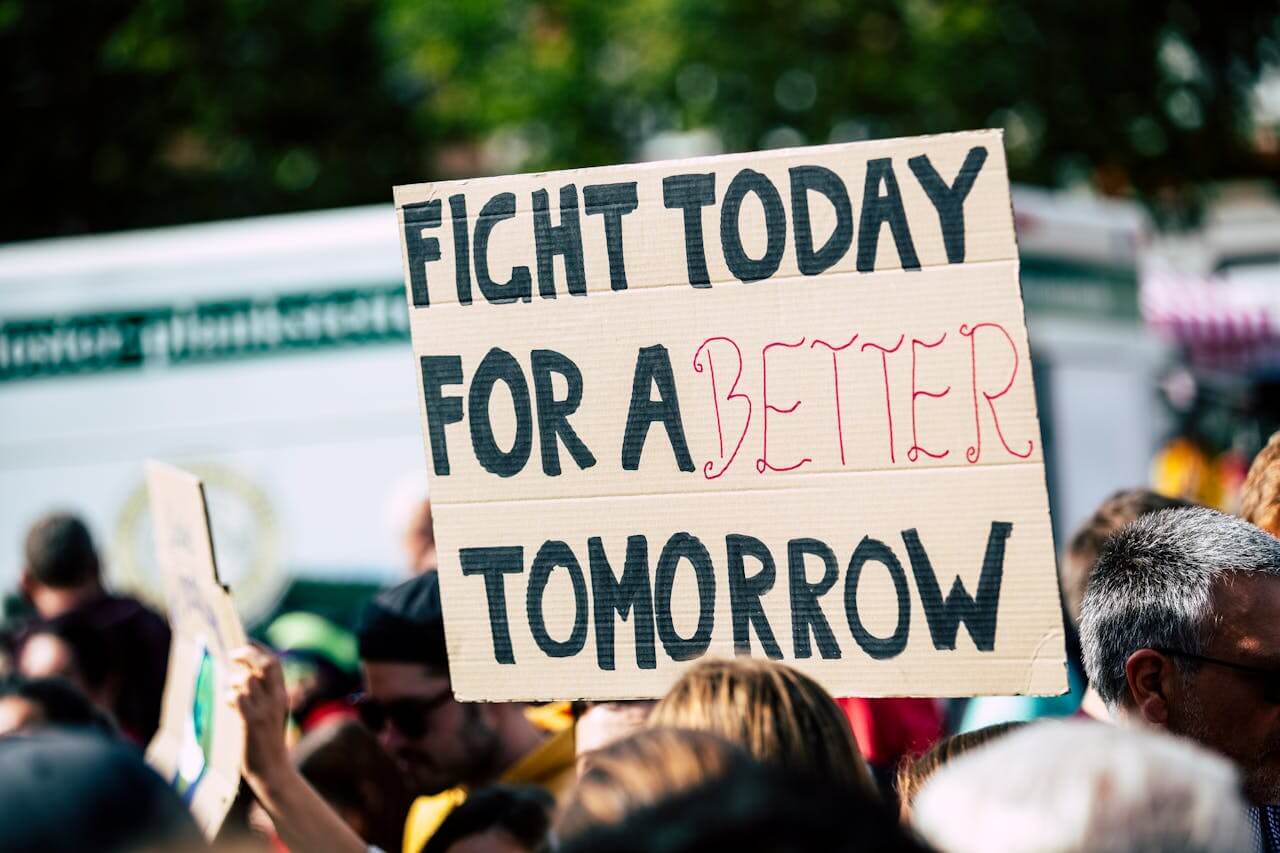
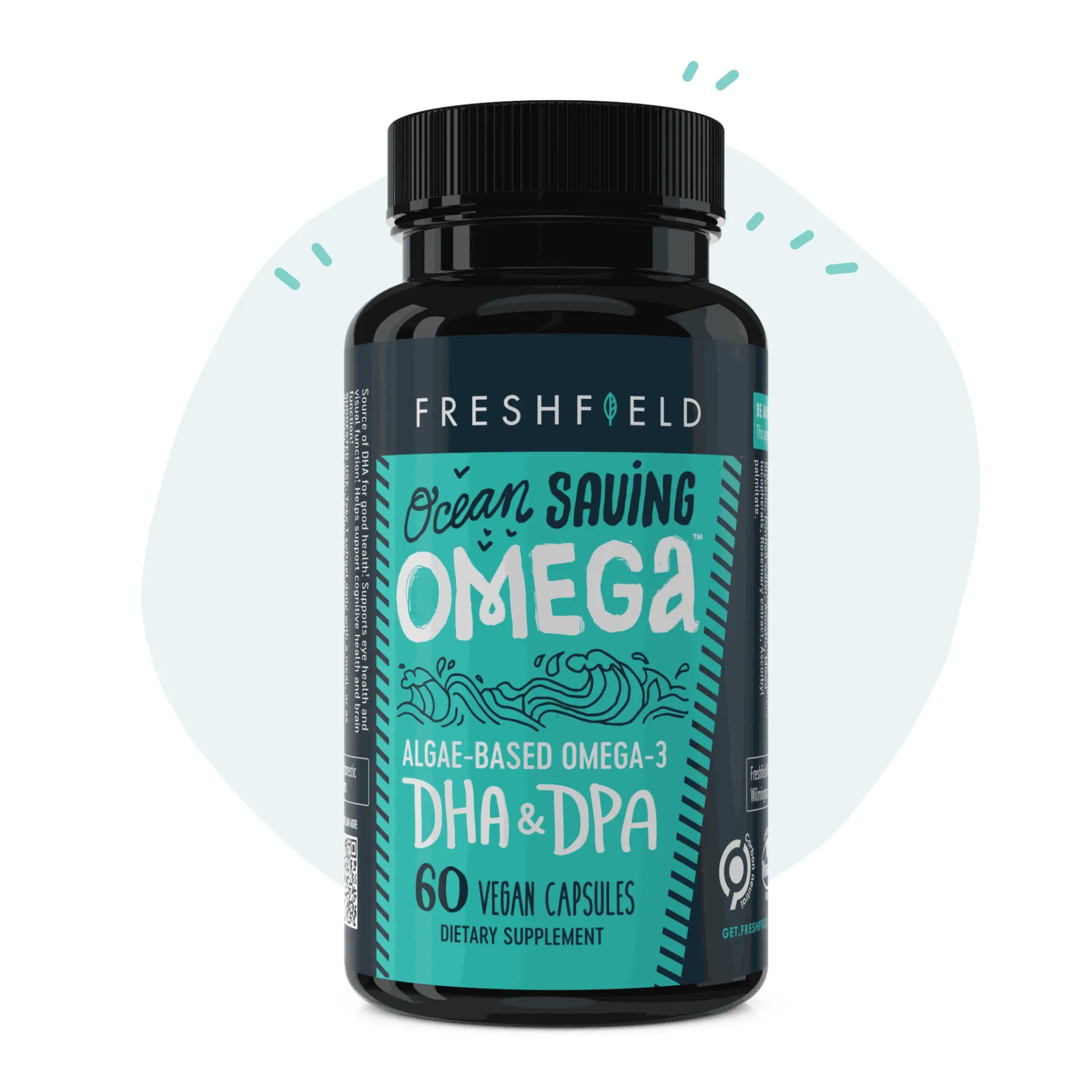
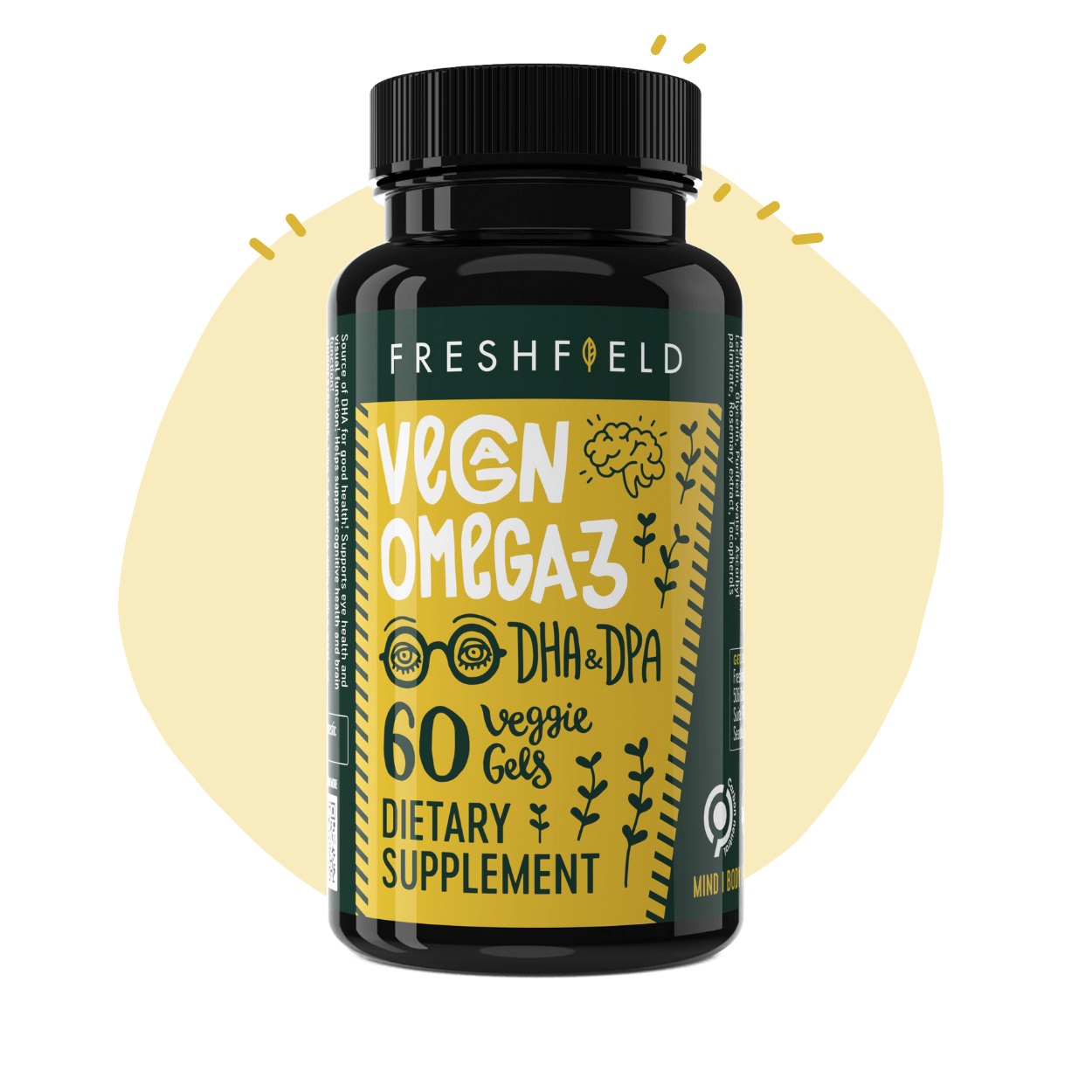
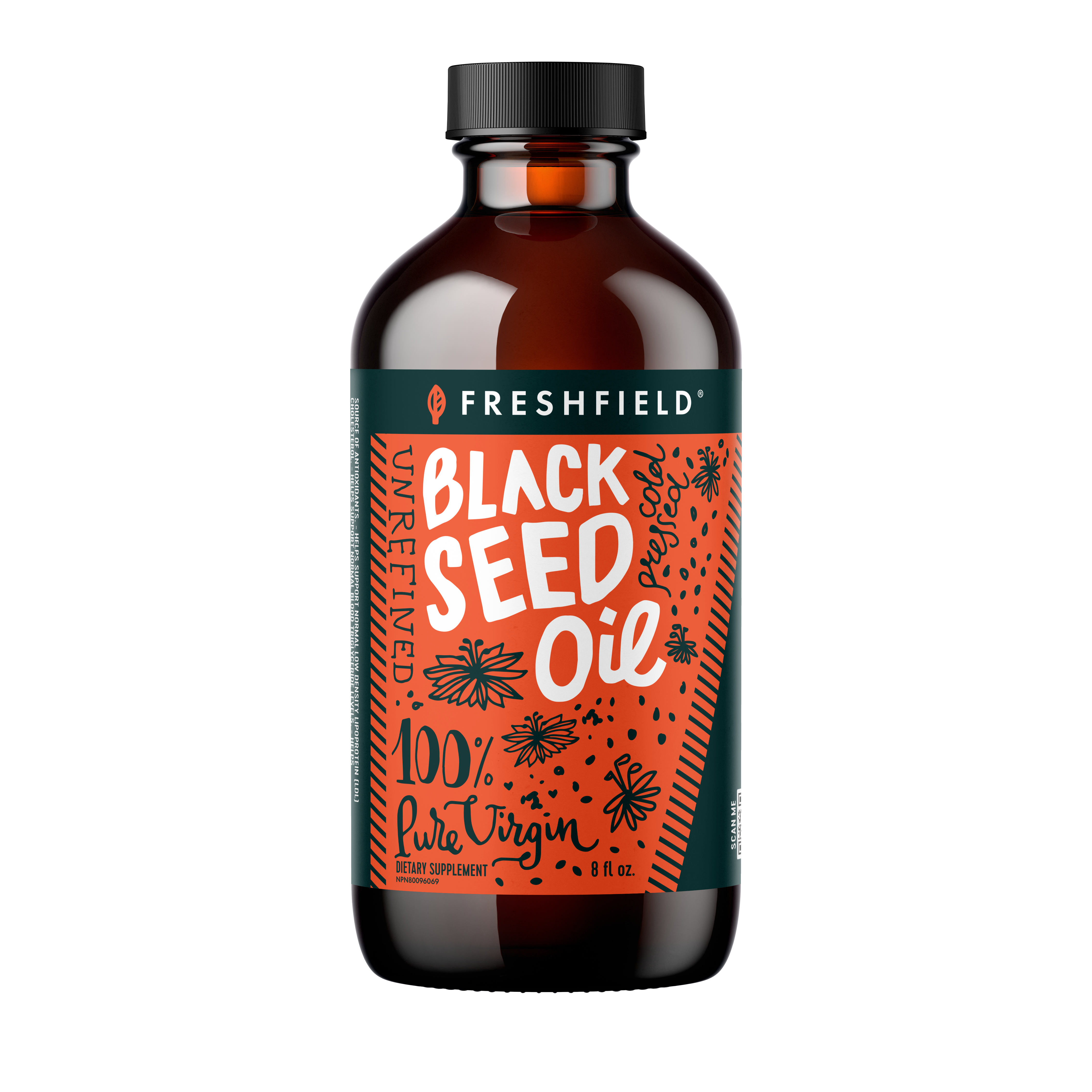
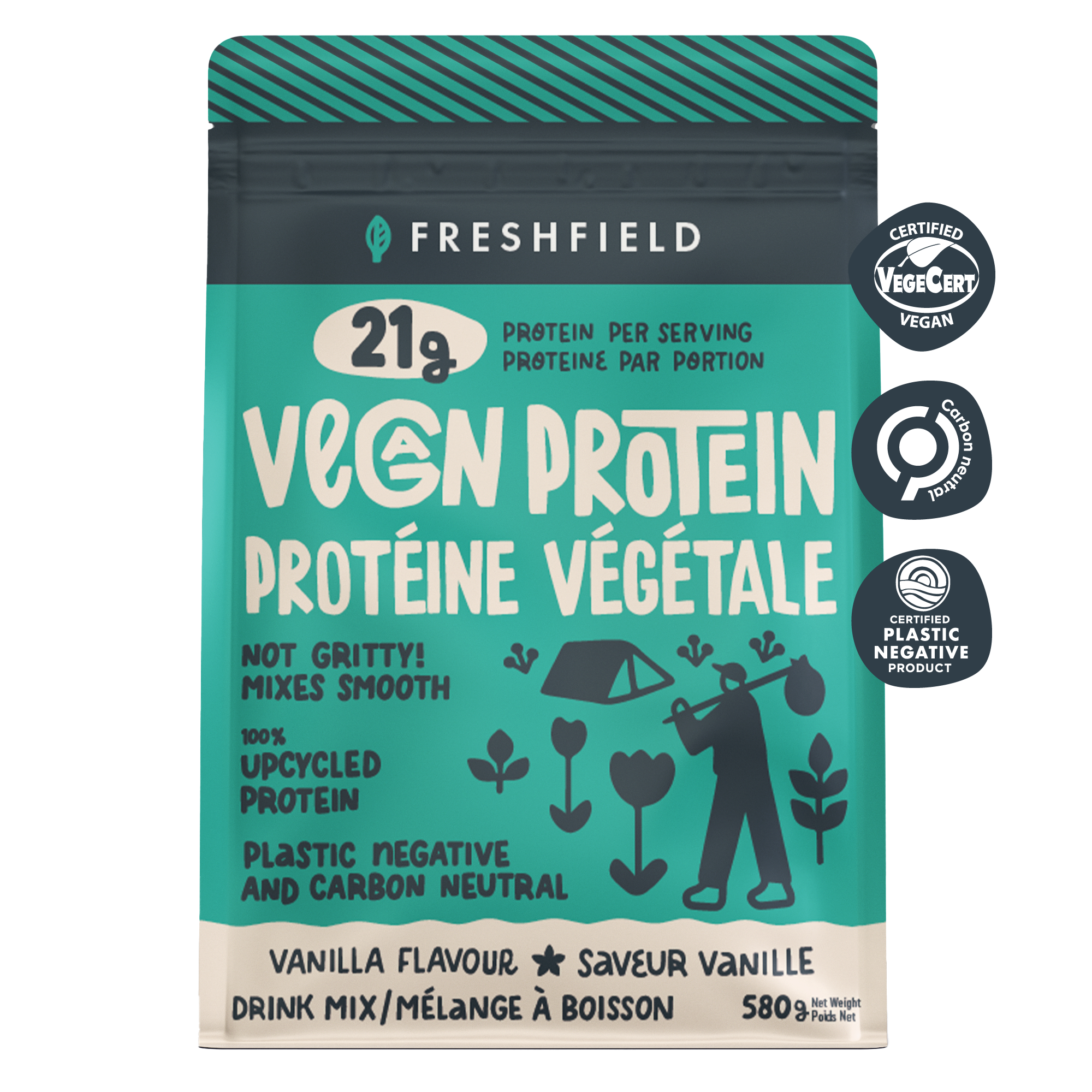
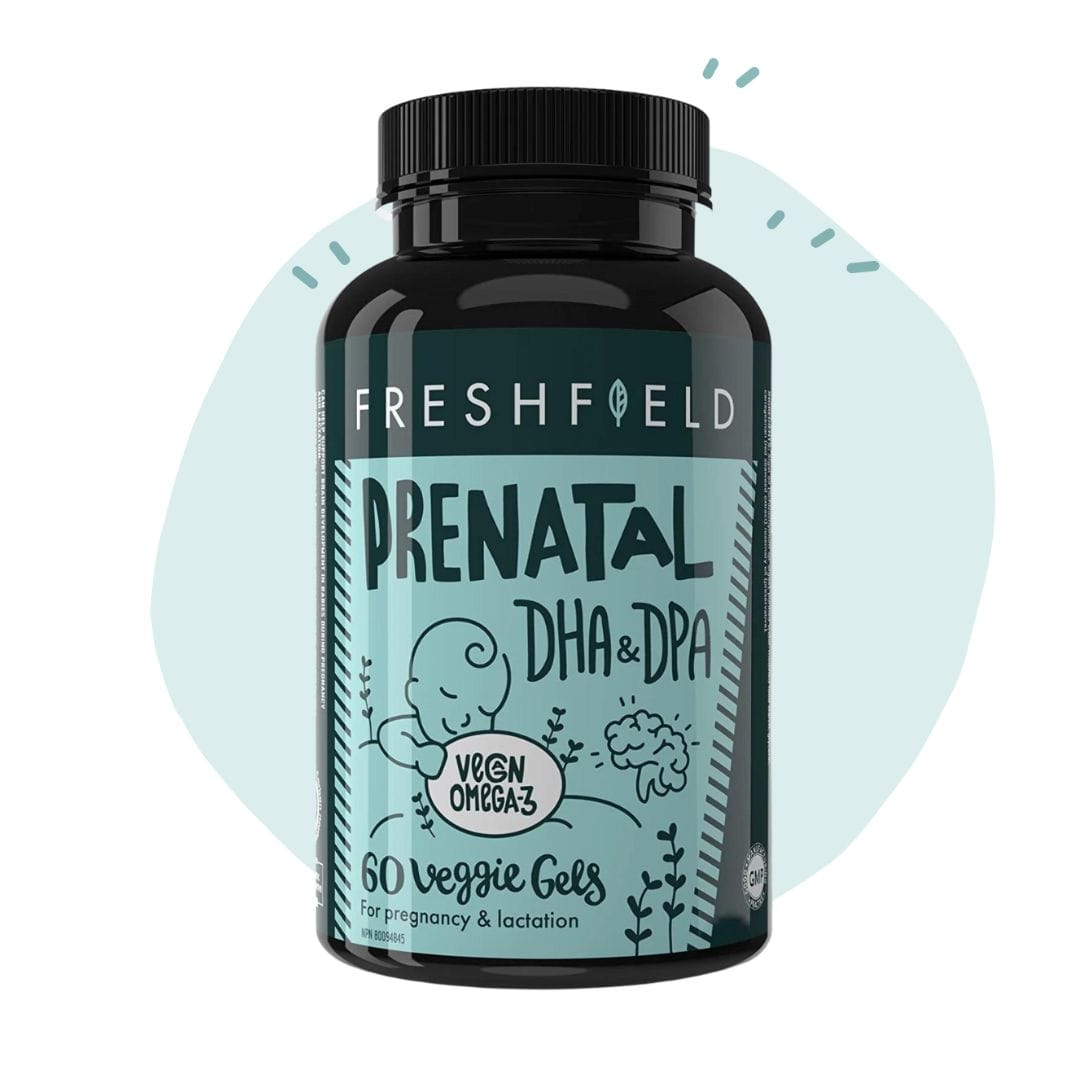

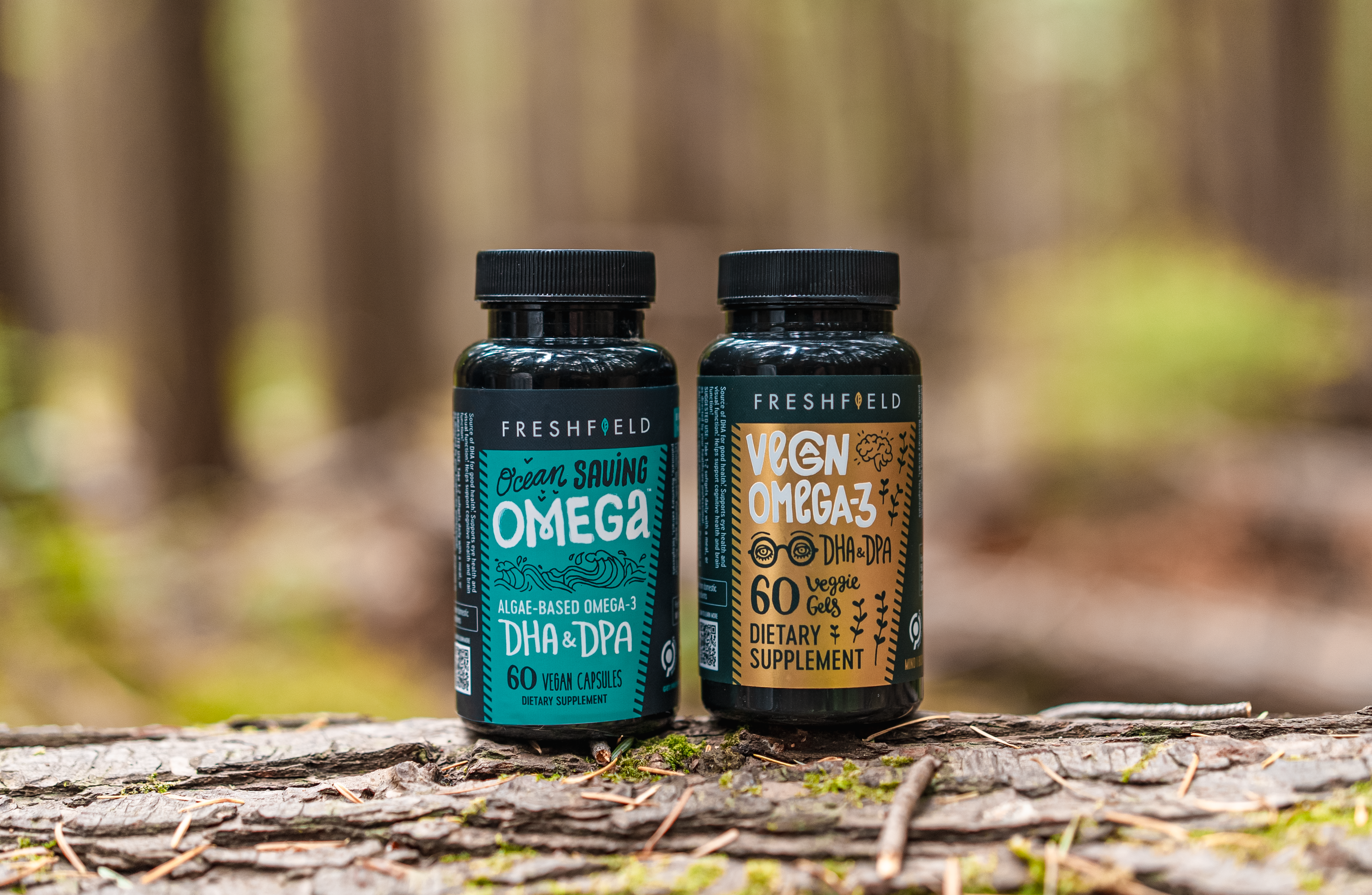
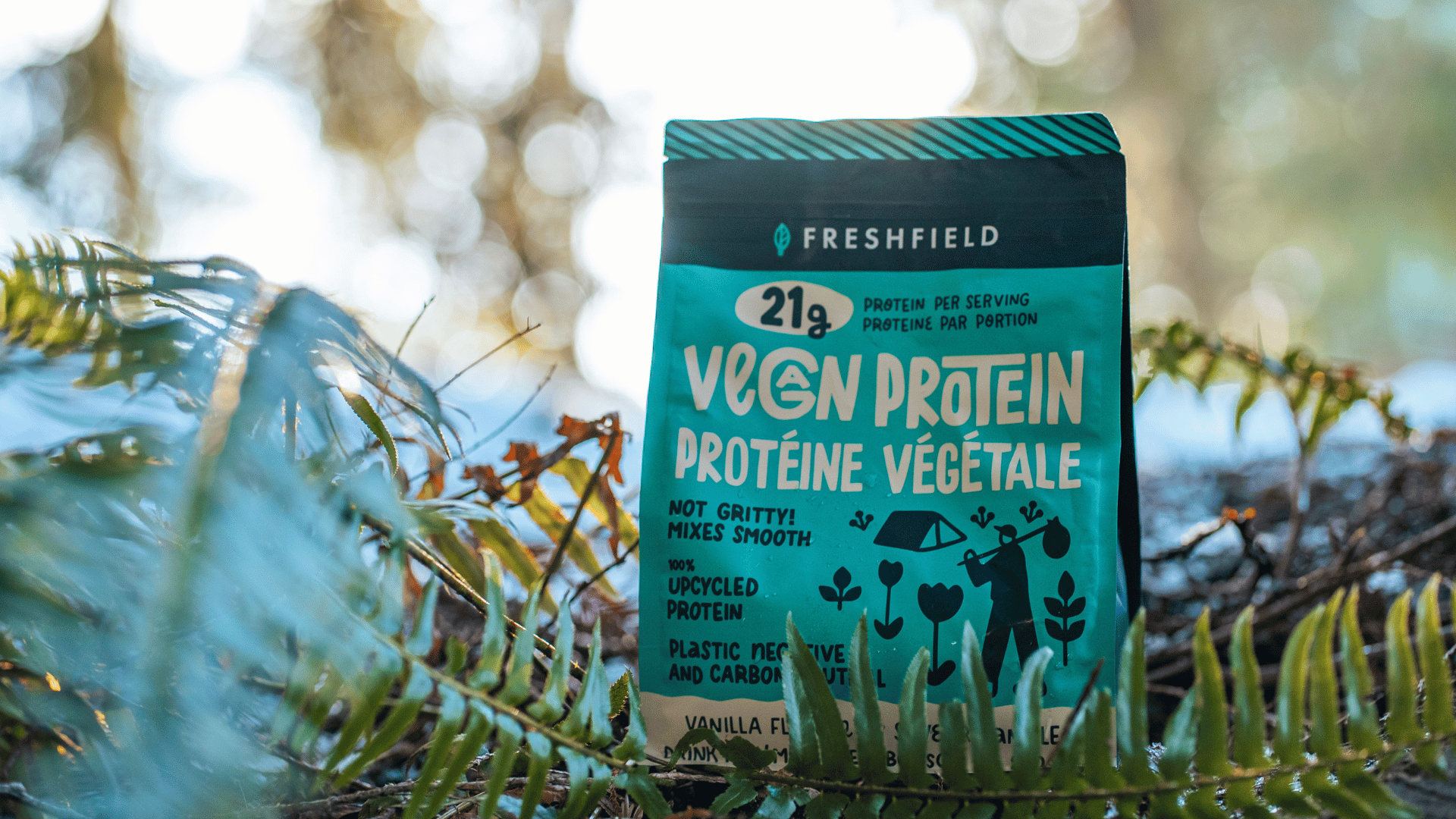

Share:
The Environmental & Climate Impact of Fish Oil
From Polar Bears to Plankton—Protecting Earth’s Diverse Life